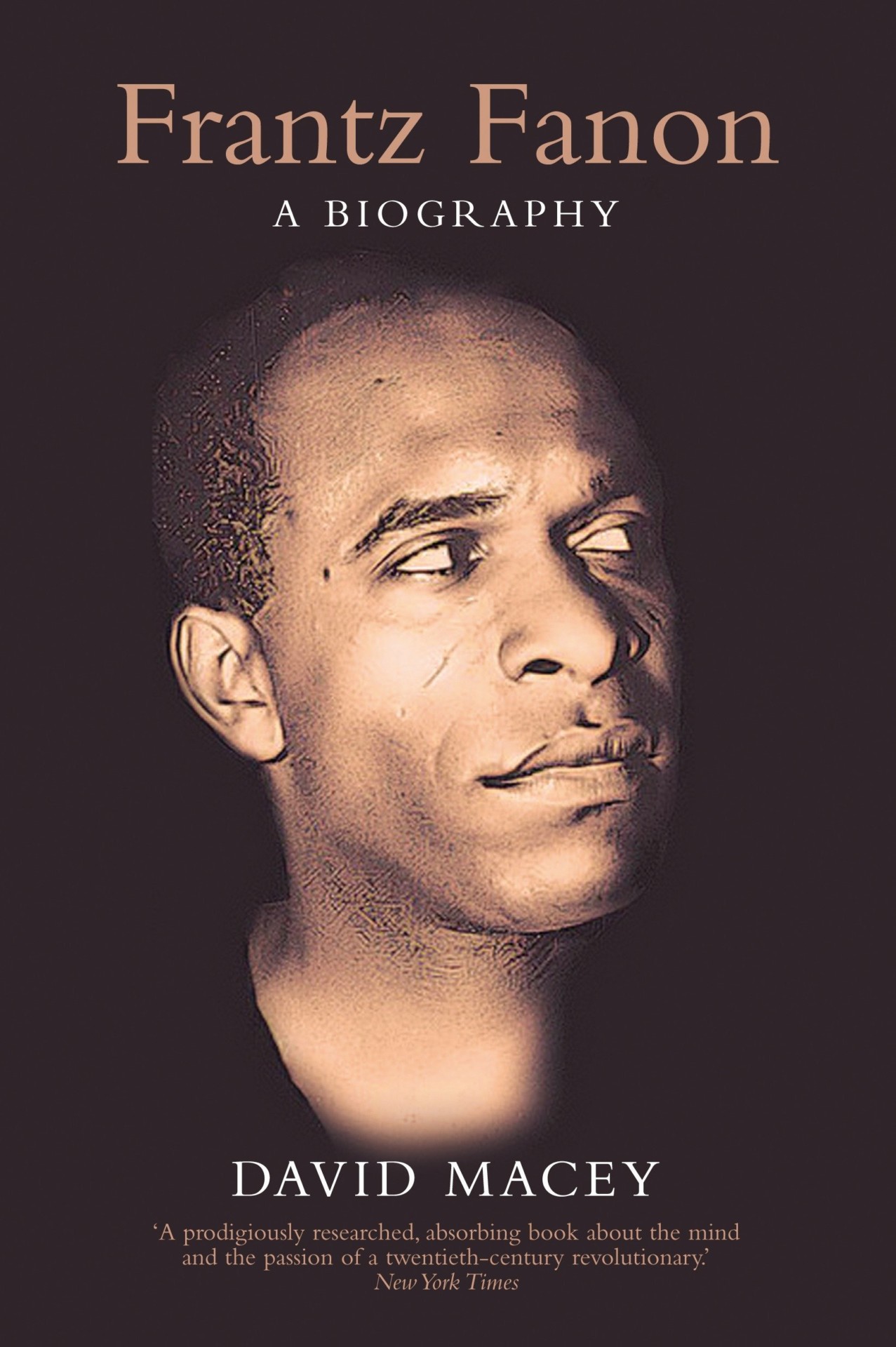

Related critiques of secularism appear in the works of Eduardo Mendieta, who has a long trajectory of making contributions to philosophy and religious studies, and of the intelectual-militante Catherine Walsh, who draws from African diaspora and Indigenous views in her account of community formation, decolonization, and the overcoming of the binary between the natural and the human. One would only have to take a quick look at works of senior and distinguished figures in decolonial thinking, such as Enrique Dussel and Sylvia Marcos, to identify profound critiques of secularism and sophisticated ways to approach religion and spirituality. The result is a reduction in the possibilities of profound engagement between these areas and decolonial thought, even as this work has already been taking place among those of us who have been trained in or have been contributing to areas such as religious studies, philosophy, and decoloniality for more than a short time. Often the result of limited engagement with only very few authors in the field, the idea of decolonial thought as an intellectual production that can only consider “the religious” or “the spiritual” through the lenses of western secularism appears to be a convenient trope in the effort to reassert the authority and contemporary relevance of certain forms of scholarship, particularly religious studies, as well as some forms of philosophy and theology. Some of them also openly drew from and sought to contribute to the study of religion and religious thought. It is often forgotten that while the emergence of postcolonial studies is connected to theories of literature and culture in the secular humanities, what is typically recognized as decolonial theorizing came into being in largely inter- and trans-disciplinary contexts that included scholars, artists, activists, and community organizers who were critical of modern western secular ideologies.


Public Domain.Ī common error in conceiving decolonial theorizing as a standard form of critical theory or as an extension of mainstream postcolonial studies is the assumption that its approach to religion or spirituality is bounded by secularism. Frantz Fanon and his medical team at the Blida-Joinville Psychiatric Hospital in Algeria, where he worked from 1953 to 1956.


 0 kommentar(er)
0 kommentar(er)
